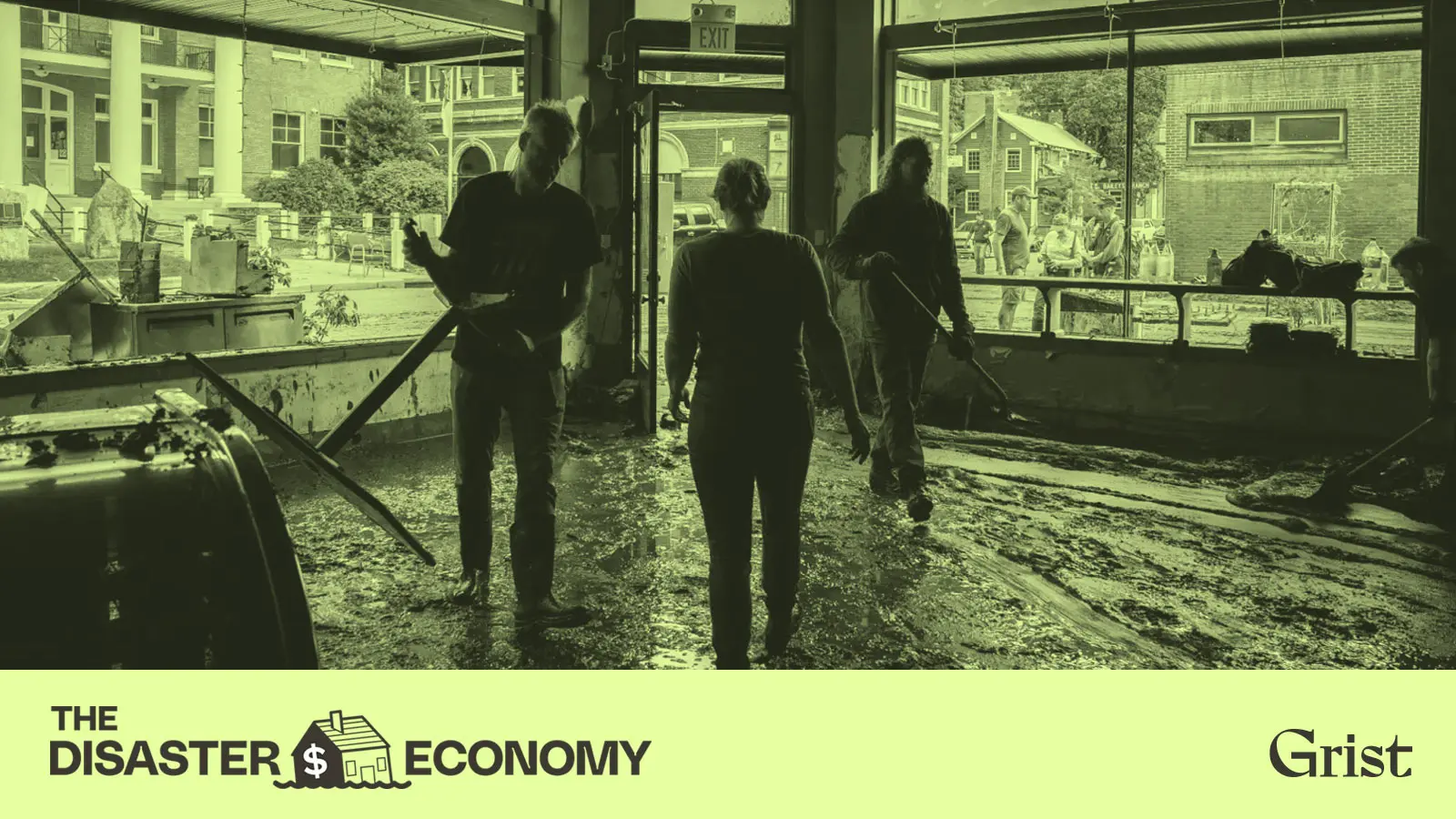By Naveena Sadasivam
Copyright grist

How did you find them? If they approached you, whether at your doorstep or elsewhere, be extra careful. Often, predatory contractors go door to door, utilizing car salesman-style pressure tactics to get you to hire them. Ideally, you’ll have found them through someone you trust or through a local organization’s or government’s vetted list of vendors.
Are they licensed? Most states require contractors to be licensed with the state. Ask the contractor to show you their license. Save a copy and independently verify their license number with your state department of insurance. If they tell you they’re licensed in another state or that they don’t have a license, be wary. Be also aware of the difference between “licensed” and “registered.” Licensed contractors have to periodically pass tests, while registered contractors simply have to provide contact information to a state authority.
Do they work with your insurance? If your home is insured, ask them if they’ve worked with your insurance company in the past. If they say yes, call your insurer to verify that the contractor is an approved vendor and that your policy will cover the cost of any repairs they conduct.
Did they provide an estimate of costs? Do not allow the contractor to begin work without providing you with a detailed assessment of the damage and the cost of repairs. Some contractors may utilize the fact that you want to rebuild quickly to skip steps. But always ask for a cost estimate before work begins. Then, run the estimate by your insurance adjuster or compare against quotes from other contractors.
Did you get multiple bids? Getting estimates from other contractors will help you understand industry standards and help protect against price gouging. Insurance companies will also often ask homeowners to secure multiple bids before they approve work. Depending on the severity and scope of a disaster, it may be difficult to get multiple bids because contractors are swamped. Be patient, if possible, and call as many places as you can.
Are they asking for partial or full payment up front? Run! Credible contractors will not demand large sums up front. Legitimate contractors typically bill in increments as work is completed.
Have you looked up reviews online? Check their Yelp, Angie’s List, and Google reviews, but also make sure to look them up on the Better Business Bureau: 1-800-544-7693 or online. An A+ rating isn’t a guarantee of a good contractor, but reviews and complaints on the bureau’s website can help you gauge customers’ experiences with a business. Also, search for the contractor’s name along with terms like “scam,” “complaint,” and “negative reviews” on Google and social media sites like Facebook. You can also check with your local home builders association to verify credentials, reputation, and membership.
Do you understand what you’re responsible for? Some contractors require you to obtain permits, and others take care of it. Ask your contractor, and then contact your local building inspections and permitting office to determine if permits are required. If so, confirm that the contractor has acquired them before construction begins.
Is everything done? Before making the final payment, evaluate the completed work and require the contractor to confirm that all subcontractors and suppliers have been paid to eliminate potential liens on your property.



